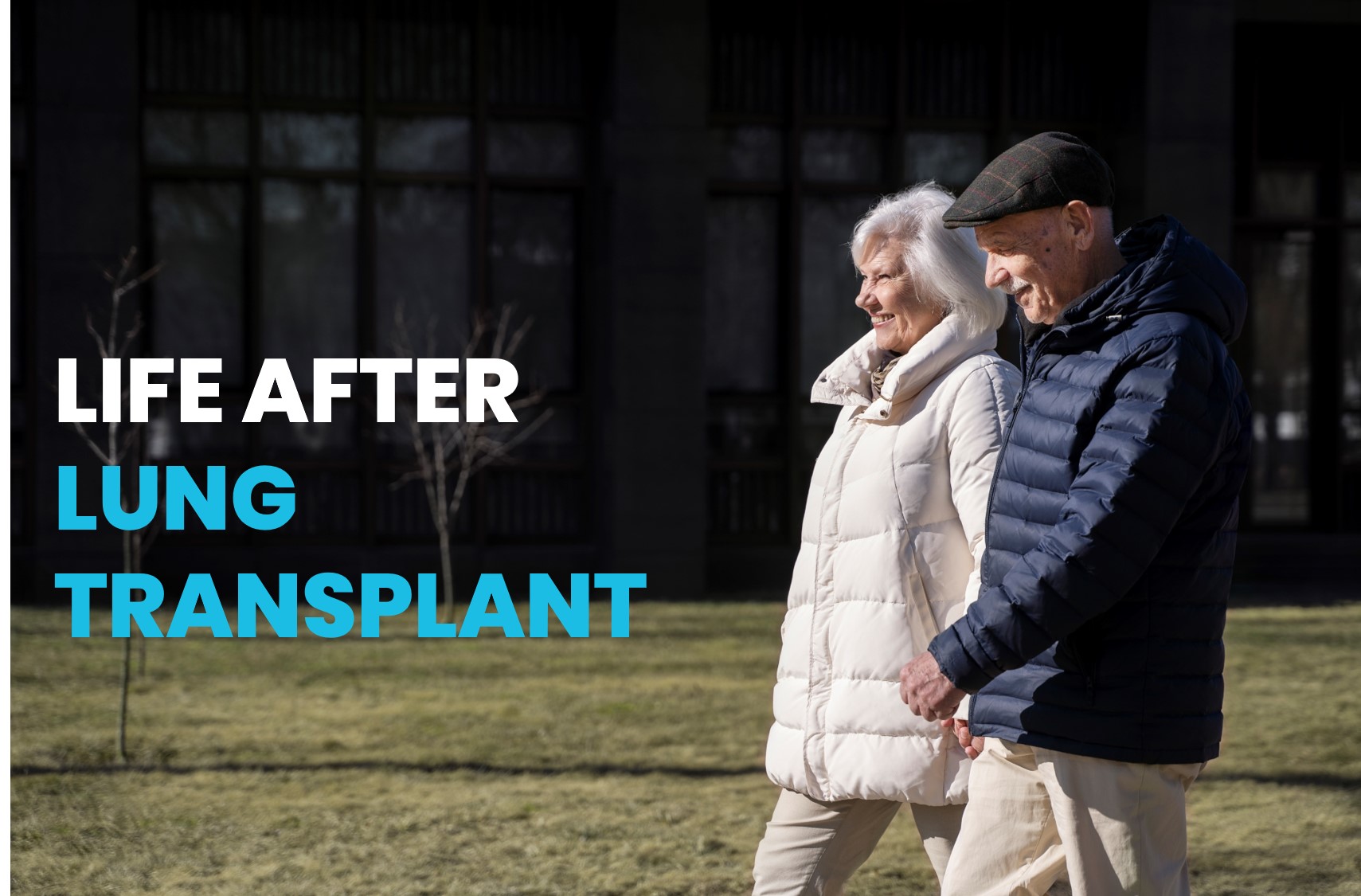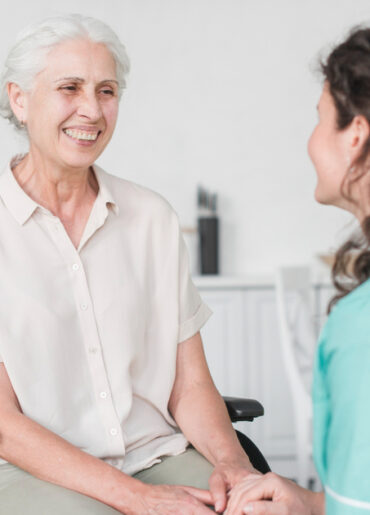Life After Lung Transplant – What to Expect?


However it has few other burning issues which many patients do not know or keep forgetting once they are discharged from the hospital, which is as follows:
Lifelong medication
Life long follow up?
Strict Lung rehabilitation program
To avoid Infections and rejection of Lungs
Move more and stay less idle
Should I avoid Smoking and alcohol after transplant?
Can I have children?
When should I consult my transplant Pulmonologist other than the regular check up?
(1) Lifelong medication
Always take your medication at the same time
Do not skip any dose of the immunosuppressive medication as it protects ur new lungs from rejection which can affect the function of new lungs
There are some medications that can affect your renal function hence it is advisable to drink more water every day to keep healthy and DO NOT DEHYDRATE
As few medications can cause gastric side effects , your transplant Pulmonologist can give the necessary supportive medications to improve your symptoms hence make sure that you take the medications at the right time
Never take extra medication on your own initiative, not even on the prescription of your GP and please contact ur transplant centre for further details
(2) Do I need a life long follow up?
(3) Lung rehabilitation program
Research shows that the Rehabilitation program and physical activity leads to an improved quality of life and increased exercise capacity.
(4) To avoid Rejection and Infection of lungs
The medication you take after your transplant affects certain parts of your immune system, so the normal immune process won't attack your newly transplanted organ. However, it is not uncommon for your immune system to recognize and attack the transplanted organ. This is what we call 'rejection'.
The immunosuppressive medication that you take reduces the resistance. This makes you more susceptible to getting infections, especially during the first 3 to 6 months after your transplant. Some tips to avoid infections:
wash your hands
avoid sick people
avoid large groups of people
take enough rest
avoid contact with pets
recognize the early symptoms of infection
take your medication that prevents infections
(5) Move more and stay less idle !!
(6) Should I avoid smoking and alcohol after Lung transplant?
Excessive use of alcohol is also prohibited as it can damage the liver and interfere with the action of some medications you are taking. Drinking alcohol on a daily basis is therefore prohibited.
(7) Can I have children after Lung transplant ?
Most men regain their potency a few weeks after the transplant. A few weeks after the transplant, most women also return to their normal menstrual cycles and it is therefore possible to become pregnant. However, pregnancy after the transplant is strongly discouraged because of the possible consequences for the baby and the mother.
If you are sexually active, the use of contraception (condom, IUD, the pill) is strongly recommended to prevent pregnancy. In addition to preventing pregnancy, using a condom reduces the risk of sexually transmitted diseases.
Immunosuppressive medications can affect how oral contraceptives work. It is therefore best to discuss which contraception is most suitable with the transplant doctor and/or your gynaecologist.


